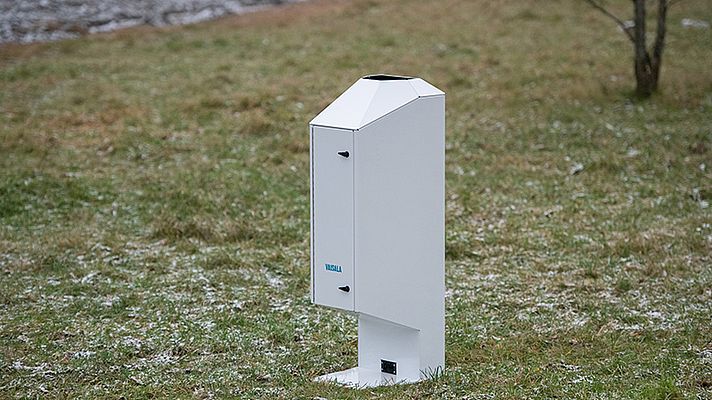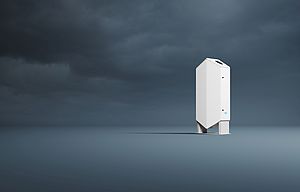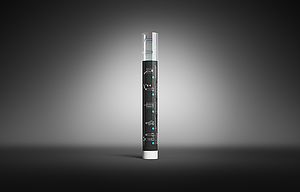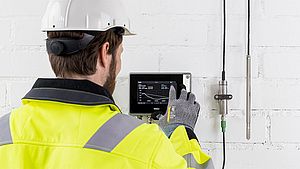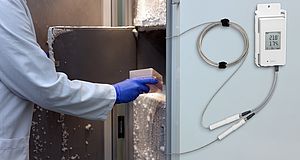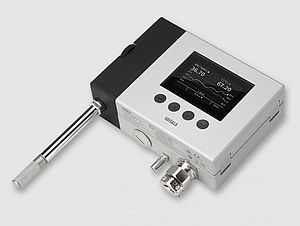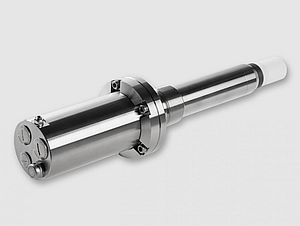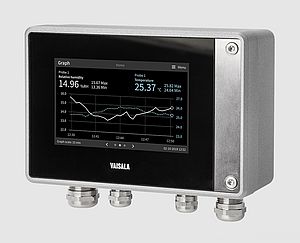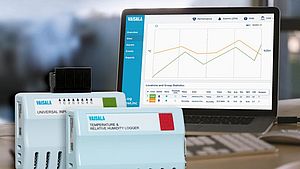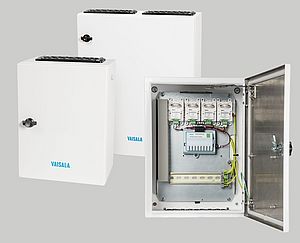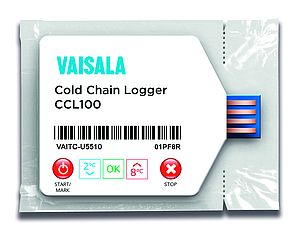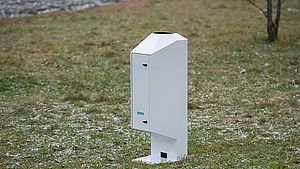As a global leader in weather, environmental, and industrial measurement, Vaisala announced the launch of their Vaisala Lidar Ceilometer CL61, a lidar-based ceilometer which improves standard ceilometer reporting by leveraging depolarization technology, delivering more refined and accurate data for greater situational awareness.
“With today’s constantly changing climate, meteorological organizations, environmental protection agencies, and airports need greater ceilometer performance to enable more accurate weather modeling,” explained Samuli Hänninen, VP, Products and Technologies, Weather and Environment, Vaisala. “Our state-of-the-art ceilometer breaks through the ceiling in this meteorological technology to deliver high-quality profiling data that provides the insights needed to improve numerical weather prediction (NWP) models, understand icing conditions, and track particles such as smoke, volcanic ash, or sand plumes.”
Improved understanding of atmospheric conditions
CL61 leverages Vaisala’s weather intelligence technologies. Even in the toughest weather conditions, it is made to provide uninterrupted, comprehensive, round-the-clock profiling data for improved understanding of atmospheric conditions. The data provided by the instrument can be used to correct air quality modeling, provide data verification, and enable nowcasting for safer air travel and operations. CL61 also features enhanced single-lens optics, significantly improving signal-to-noise ratio, to provide high-resolution backscatter profiles — all in a cost-efficient design.
New benefits of the Vaisala Lidar Ceilometer CL61:
• More refined profiling data for deeper insights — The depolarization measurement capabilities enable accurate liquid/frozen differentiation, detection of dust, sand, and volcanic ash layers, and the ability to make short-term forecasts of precipitation.
• Operative 24/7 in all weather and locations — Scientific research-grade instruments have limitations on conditions (e.g., they typically can only be used when it is not raining), but CL61 is operative 24/7 in all weather, providing constant data availability regardless of prevailing weather conditions, and fills coverage gaps in urban areas.
• Volcanic ash detection — CL61’s depolarization measurement provides data enabling the detection of volcanic ash eruptions, which can have significant effects on communities and their economies.
• Single-lens technology — Leveraging proven single-lens optics, CL61 can exclusively and reliably detect low-altitude phenomena, such as clouds and shallow aerosol layers.
• Cost-efficient pricing — With functionality previously only available in scientific research-grade ceilometers, CL61 is significantly more affordable than devices delivering similar data.
• Easy to install and maintain — Using common data formats for easy integration with existing networks, CL61 installs from box to operation in just one hour. Plus, with no consumables and no field calibration required, CL61 is virtually maintenance-free, minimizing the lifetime cost of ownership.
Johanna Lentonen, Director, Weather Instruments, Weather and Environment, Vaisala concluded: “Today’s meteorological networks need to provide more detailed, accurate, and reliable atmospheric data and insights than ever before. The flexible and cost-effective CL61 was designed with these requirements in mind to empower decision-makers in weather, aviation, air quality management, and research institutes to integrate the device into existing networks and establish new networks as well as measurement campaigns.”


